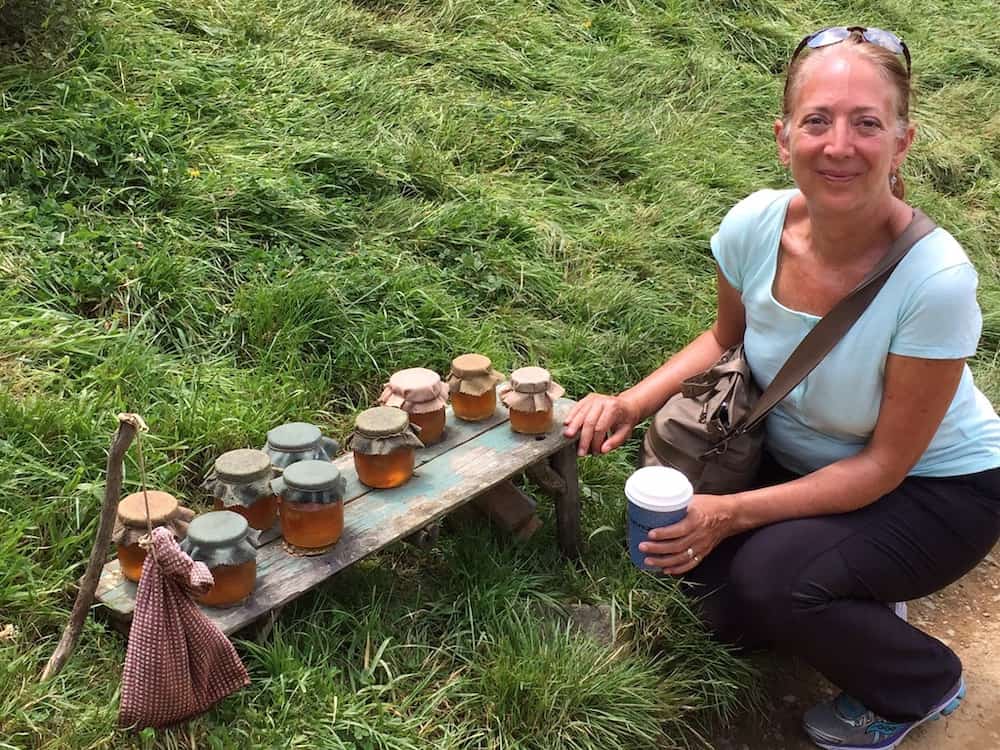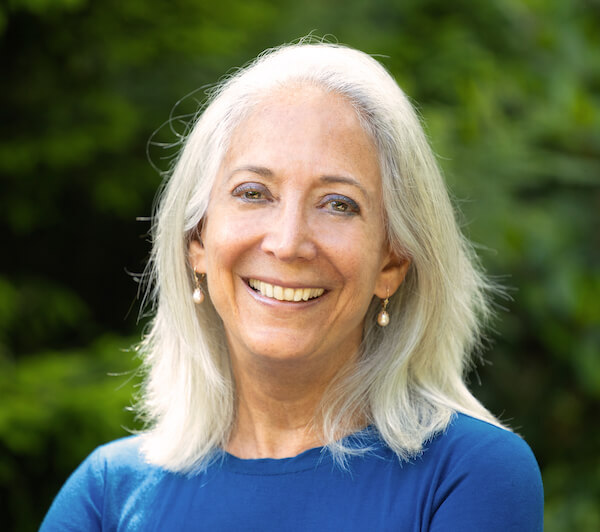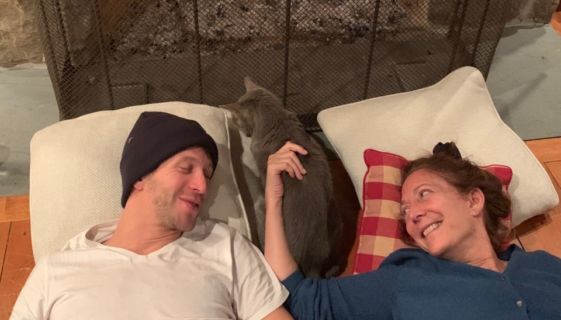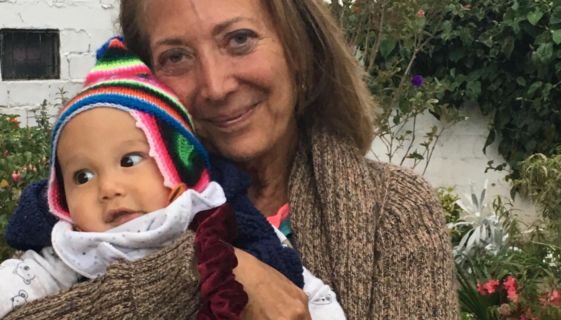During the worst of the COVID-19 pandemic, I was intrigued by a physician’s suggestion about how to make decisions concerning behaviors that meant risk of exposure to the virus. Was it OK to hug a friend, if he’d been isolating? What about going to the grocery store, touching the mail, traveling by plane, boarding a crowded elevator?
“Instead of evaluating the risk of each individual activity in isolation,” wrote Dr. Leanna Wen in the Washington Post, “here is an idea for considering how to plan our lives during this pandemic: Create a coronavirus budget.” Deciding just how much cumulative exposure is OK is something we each need to evaluate.
Reading this I realized that, in fact, I constantly create “risk budgets”. Most of us run mini risk-benefit analyses around basic decisions: whether we should drink milk a week after the expiration date, hop on a motorcycle, bring up a delicate topic with a spouse, buy a home we can’t really afford.
Within each decision lurks the question: what consequences am I willing to bear?
Most of this decision-making process happens unconsciously, and even erratically. We often either just “go for it”, irrespective of possible repercussions, or conversely we become obsessive about self-protection and wind up hiding under a rock. I’ve come to believe that conscious decision-making—forthrightly weighing risks and rewards while keeping the big picture in mind-—puts us more at peace with the outcome, whatever it may be. Making conscious decisions helps me avoid regret later, since my behaviors will have been considered, not impulsive.
The same risk-reward calculus is true with decisions around lifestyle behaviors we know are unhealthy. Personally, I have a weakness for sweets, and have a tough time resisting them when they’re in the house. While I don’t deny myself, neither do I turn a blind eye to consequences. Research shows that in the end, complete abstinence from anything you desire rarely works. But since I am aware that too much added sugar in my diet could bring health consequences, I make a little “sugar budget” of how much I think is OK to consume and so allow myself a small piece of chocolate after dinner.
Risk budgets shift over time, depending on priorities. What aspects of your life do you want to establish risk budgets for? Try making some conscious decisions around behaviors that are inherently either risky or undesirable, whether it concerns Covid exposure or lifestyle choices. It doesn’t have to be all or nothing. You don’t need to completely deny the things that bring you pleasure. That is just not sustainable, any more than holing up alone and never seeing another human is a reasonable way to get through a year-long pandemic.
It’s all about deciding what works for you, right now, today, with the information you have at your disposal, and to be flexible as you learn more or your priorities change. I’m fortunate now to be among the fully vaccinated, so I’m having friends over for dinner tonight, no masks. But since I”ve noticed a bit of a creep on the scale, I think I’ll skip dessert.



 Meg Cadoux
Meg Cadoux 

